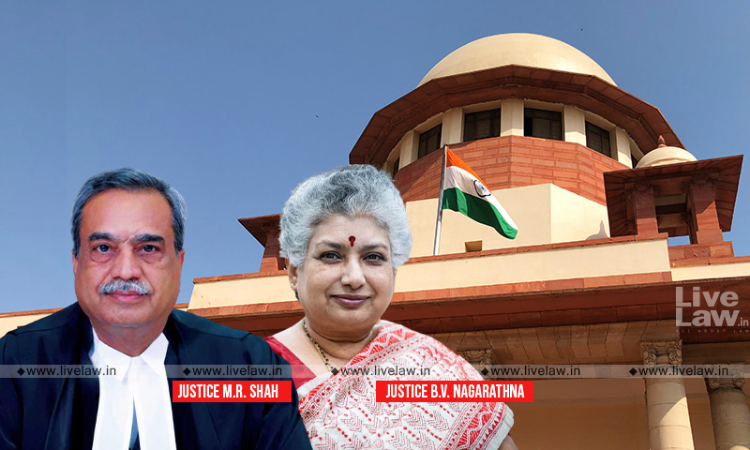Suo Motu Orders Extending Limitation Apply Also To Delay Which Could Have Been Condoned : Supreme Court
Sohini Chowdhury
9 Jan 2022 10:05 PM IST

Next Story
9 Jan 2022 10:05 PM IST
The Supreme Court has observed that the period of limitation which could have been condoned by a Court or a Tribunal is also excluded from the limitation period up to 07.10.2021 in view of the orders passed suo motu by the Top Court to extend limitation period in the wake of COVID-19."Even as held by this Court in the subsequent orders even the period of limitation which could have been...
